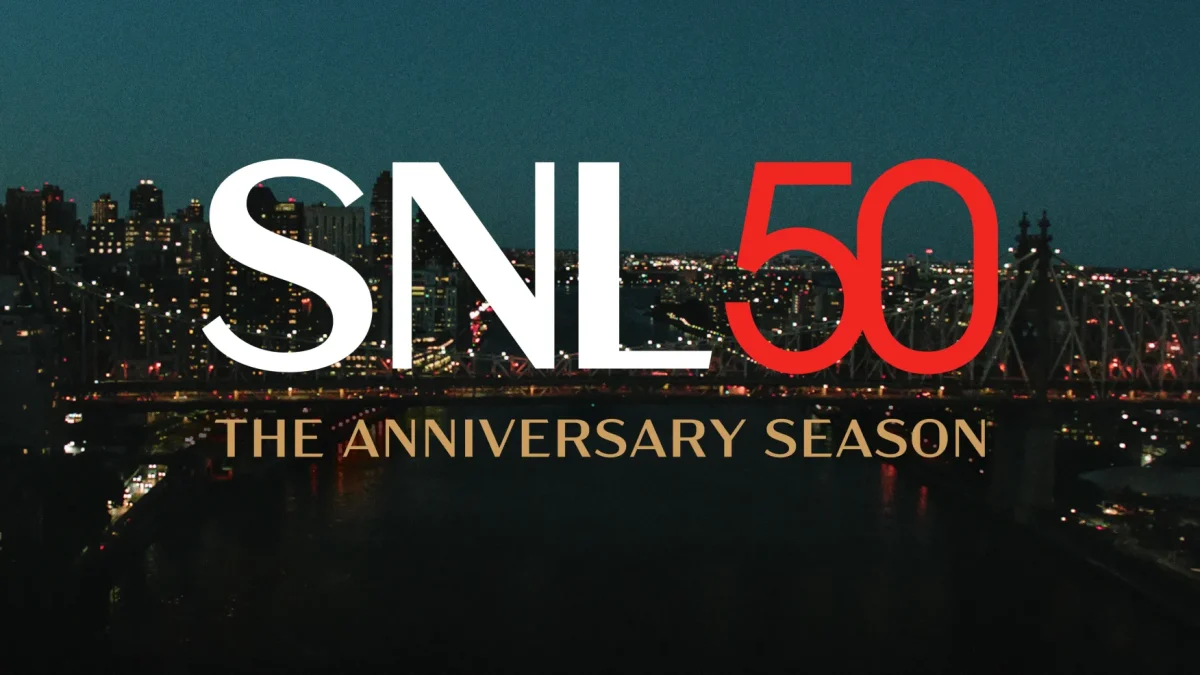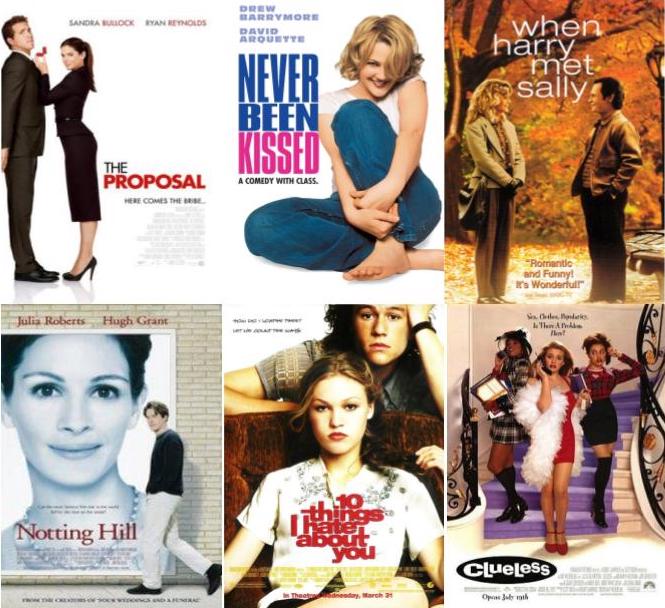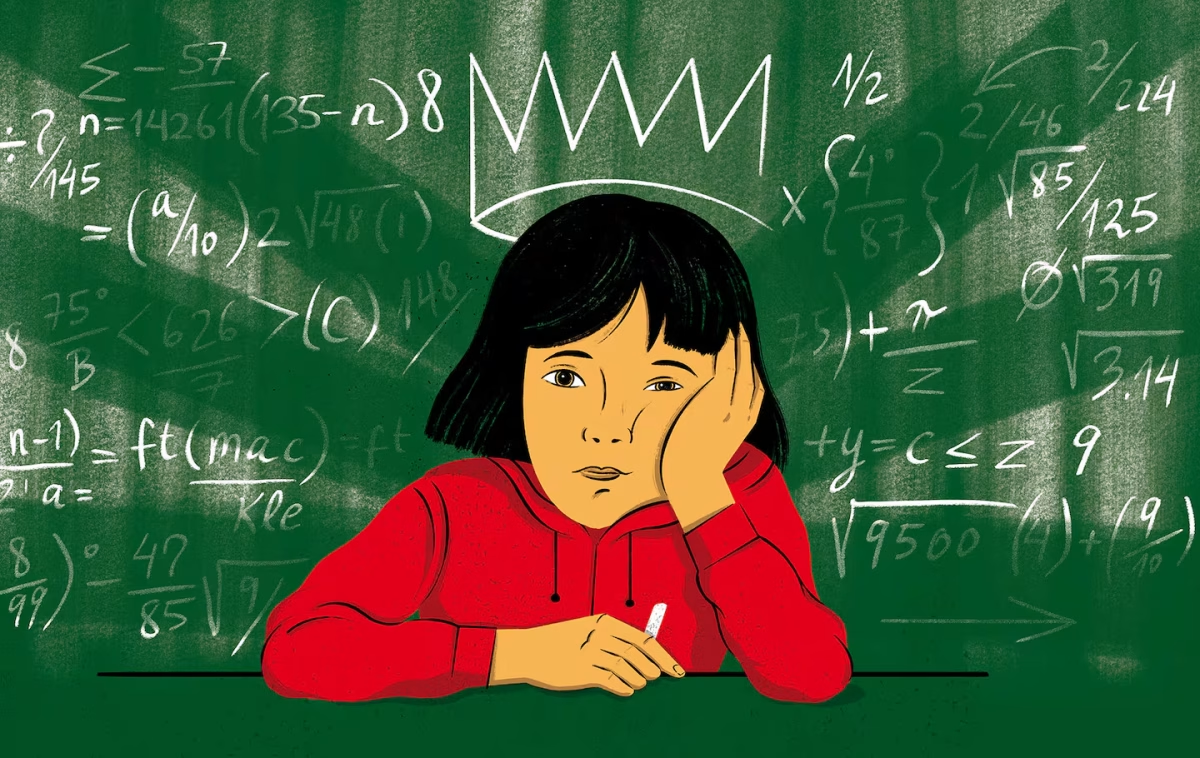The second-largest strike that the Writers Guild of America (WGA) has ever conducted ended on September 27, with the WGA managing to negotiate an increase in minimum wage, better residuals, and increased pensions and health fund rates for members of the union.
The strike began on May 2, 2023, with a goal to force the Alliance of Motion Picture and Television Producers to fulfill the demands of the union. Most of the demands related to the changes in technology since the last WGA strike in 2007. Mostly, writers pushed for fairer compensation for all writers, even “lower-level” writers, streaming residuals (payment that writers receive each time an episode is played), and harsher policies surrounding artificial intelligence, which could be used to write scripts.
Many writers feel content with the negotiation. “The deal is exceptional in that it is something that will protect writers, not just now, but in the future,” said Dan Goodman, the co-chair of the WGA’s negotiating committee.
This deal was also celebrated by smaller writers, with writer Alex Zaragova posting on the X, formerly known as Twitter, “This strike has been so hard. Necessary and invigorating, and really hard. But we did it!”
To add to the historic nature of this strike, for the first time in 63 years, there was a double strike between the WGA and the Screen Actors Guild and American Federation of Television and Radio Artists (SAG-AFTRA), the merged union-guild representing actors in Hollywood. The SAG-AFTRA strike ended on November 9.
According to CNBC, nearly 362,000 workers went on strike in 2023, almost ten times the number two years ago, during the exact same time period. Around the same time as the WGA workers ended their strike, the United Auto Workers (UAW), an American union for automobile workers, decided to go on strike to protest rising income inequality.
At the time of all of these strikes, Gallup reports that labor unions receive more support from the American public as the years go by, with 67% of Americans approving of labor unions and 72% of Americans respectively sympathizing with the writers that were on strike. Compounding this is the fact that income inequality and inflation have both been rising over the years, resulting in what many feel is a need for more unionization.
Additionally, there has been a rise in union membership recently, with the Economic Policy Institute writing, “Despite relentless attacks on unions over the last four decades, the U.S. labor movement has seen a resurgence in popularity in recent years.” All of this has led many to coin this summer, “The Summer of Strikes.”


























